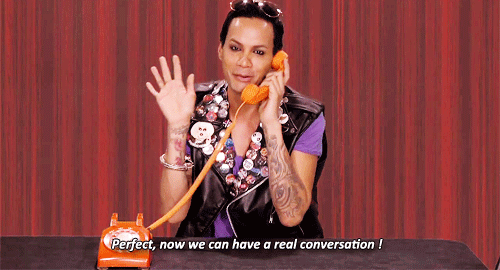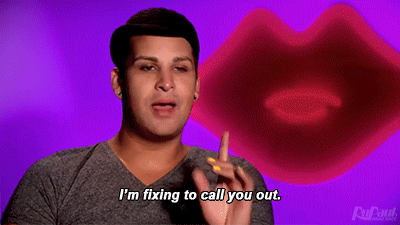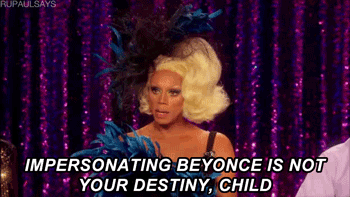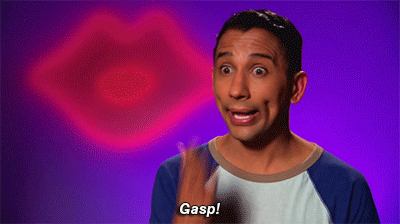ShopDreamUp AI ArtDreamUp
Deviation Actions
Beasts
Keeping this shortish: A while back my prime wife @madnessism started a fun little collective over to the side called The Beasts of AI and I've been a part of it for a couple months. We're mostly twitter active, but because of the drama around twitter currently some of us are migrating some work over to DA to get new eyes on it. I didn't want the baggage of this account tied to it (and will not be active in any sense of the term apart from posting my work) so if you want to check out my stuff drop me a watch on @exquisitest. You can also check out some of our early-adopter comrades at @artistficially, @king0lightai and @L3VEL7 - and eventually we'll be setting up @thebeastsofai as a group to collect all our stuff in one space. Check us out @ thebeastsofai on twitter too - we run some neat initiatives. I haven't talked much about my life as an artist after my health issues in 2017, but I've had limited ability to create since then. This is why I'm embracing AI and I view it largely as
A Check-In
I'm Not "Back"
So don't get excited. I just know this is a convenient way to broadcast an update to y'all on where life has led me. I'm still not around much, if at all. I do check my messages maybe once a week and pop on the chat network when I get a snow day at work. I'm creating, but it's not meant for y'all. :pringles:
So illness sucks. That's not up for debate. All types of illness suck. A cold sucks. Scrambled nerves suck. Depression sucks. Vague autoimmune diarrhea sucks. Abscessed molars suck. Herpes sucks. (Not crotchpox. The shingles. I'm less sexually active than a Buddhist nun.) Then it all gets better. Medication juggling is an
One Last Update
Words?
So by now you've probably noticed I'm not around much. It happens.
My life has gravitated elsewhere. "Elsewhere" is this weird and wonderful place of reading tarot semi-professionally, growing okra, playing cards every Wednesday with my 78-year-old great aunt Annette over a bottle of moonshine, owning roughly half of a rapidly growing art-oriented web startup, and trying to find a local beer I don't hate since I've moved cross-country and they don't sell my brand here.
It isn't that I dislike DA. It isn't that my experiences here weren't important, or fun most of the time. The place just has a lot of memories, some good and some terr
Choosing Paints, Part II: HEAVY METAL HEXAGRAMS
Trad Basics Week
Re-Introduction
In the previous installment, Choosing Paints, Part I: Fat and ... Translucent?, we discussed picking your first paint, monochromatic painting and the two-colour and Zorn palettes. For 3300 words. And you thought that was enough learning. :evillaugh:
What we're trying to prevent: Bad life choices, and unsaleable art that leads to the ramen diet.
Today we're going to go over the basic palette of six colours as a launching point for artistic success. These tips apply to all painterly media - oils, acrylics, watercolours, gouache, pastel, you name it and it fits. Let's start with the dry stuff:
The Six Colour
Featured in Groups
Comments38
Join the community to add your comment. Already a deviant? Log In
Personally I think tiganusi has it about right above: there is very little out there these days that does not draw from another source in some sense. It's how much of yourself you bring to the finished piece you create, and what you intend to do with it, that draws the moral line here.
Have you taken an idea (or ideas from disparate sources, which is a favourite exercise of mine) and created something genuinely new from them? That is clearly distinct? If so I've always felt that's okay. Such a piece can run the continuum anywhere from good fanfic (which by its very nature will plagiarise to an extent, but should also bring something new to the table) all the way up to 'new' work that gives a nod to an iconic idea or theme (how many different writers can you name who've riffed on the the idea of dragon riders? For example).
Each artist I think needs to look at their work and make a judgement call. It's then a matter of whether their public agrees with them or not, with a consensus in their favour being a sign of true talent.
Have you taken an idea (or ideas from disparate sources, which is a favourite exercise of mine) and created something genuinely new from them? That is clearly distinct? If so I've always felt that's okay. Such a piece can run the continuum anywhere from good fanfic (which by its very nature will plagiarise to an extent, but should also bring something new to the table) all the way up to 'new' work that gives a nod to an iconic idea or theme (how many different writers can you name who've riffed on the the idea of dragon riders? For example).
Each artist I think needs to look at their work and make a judgement call. It's then a matter of whether their public agrees with them or not, with a consensus in their favour being a sign of true talent.






